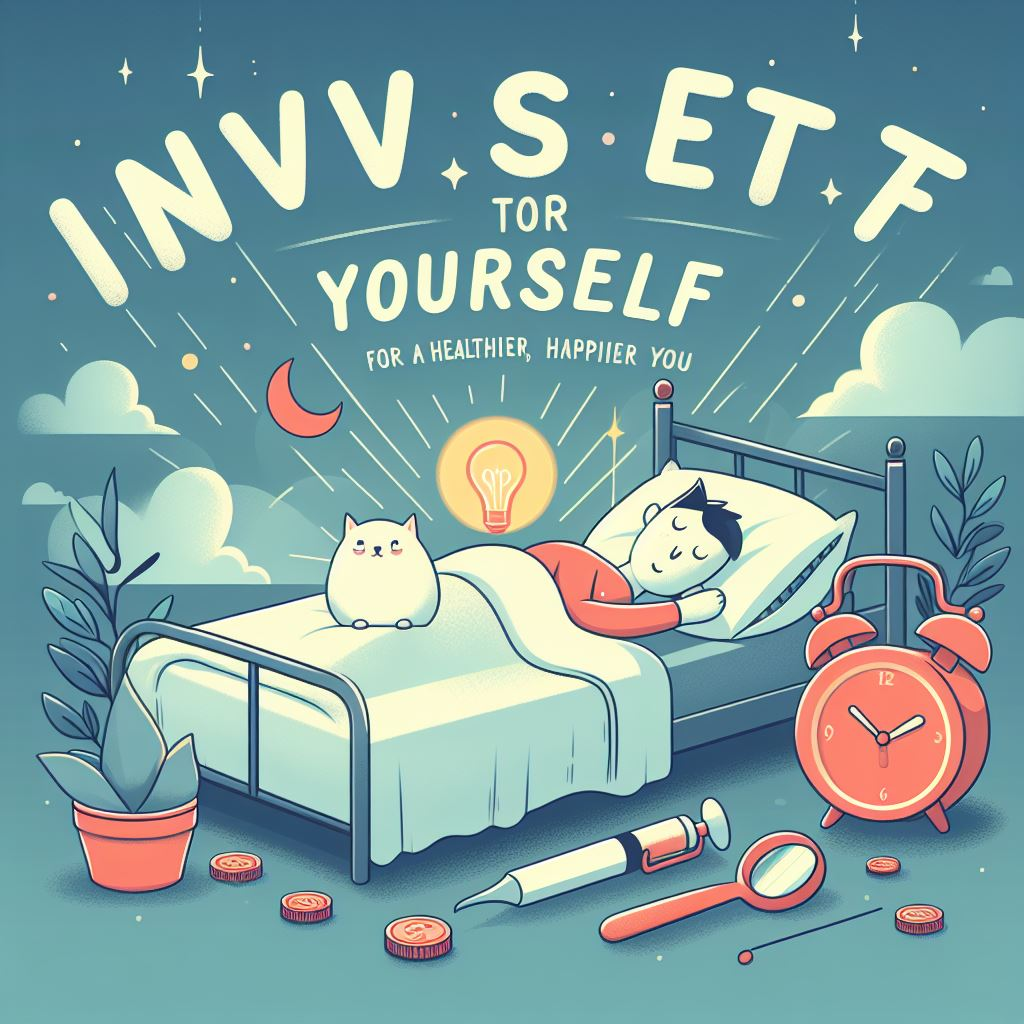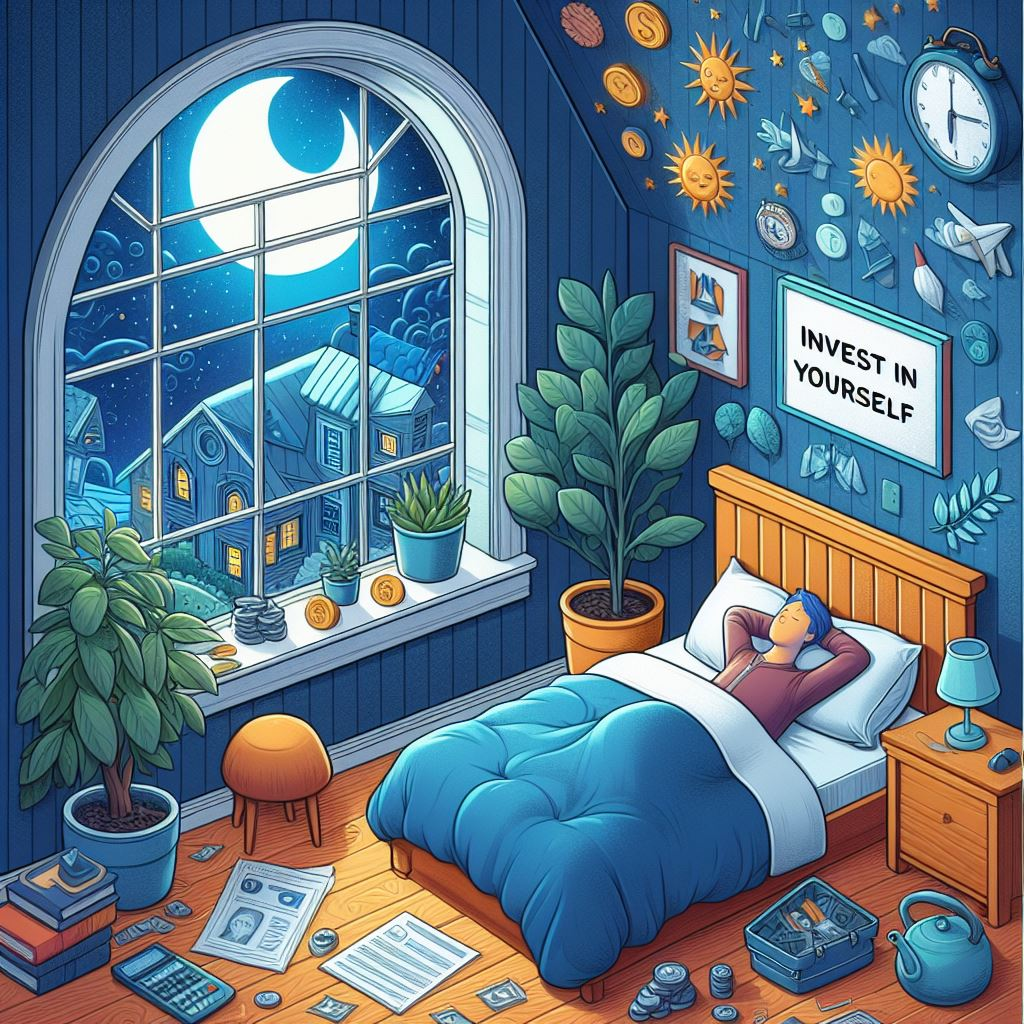
We all know the feeling: tossing and turning, staring at the ceiling, desperately yearning for sleep. In today’s fast-paced world, achieving a good night’s rest can often feel like a luxury. But fear not, weary friend! This blog is here to equip you with the knowledge and tools to turn your sleep struggles into sweet dreams.
Laying the Foundation: Building a Sleep Haven
It all starts with your environment. Your bedroom should be a sanctuary dedicated to slumber. Here’s how to create the perfect sleep cocoon:

- Embrace the darkness: Invest in blackout curtains or a sleep mask to block out any light that might disrupt your sleep cycle.
- Find your cool comfort zone: Most people sleep best in a slightly cool room, around 65°F (18°C). Adjust the temperature to find your personal sweet spot.
- Silence is golden: Eliminate noise distractions. Consider earplugs, a white noise machine, or soundproofing your room.
- Ditch the tech: The blue light emitted from electronic devices suppresses melatonin, the sleep hormone. Banish phones, laptops, and TVs from the bedroom at least an hour before bedtime.
Crafting a Routine for Restful Rhythms
Consistency is key when it comes to sleep. Develop a relaxing bedtime routine that signals to your body it’s time to wind down:

- Set a sleep schedule: Go to bed and wake up at the same time each day, even on weekends. This helps regulate your body’s natural sleep-wake cycle.
- Dim the lights: An hour before bedtime, switch to dim lights or use orange-hued bulbs to promote melatonin production.
- Unwind with calming activities: Take a warm bath, read a book, listen to relaxing music, or practice gentle stretches. Avoid anything stimulating like work or intense exercise.
- Create a sleep ritual: Do the same things every night before bed, like taking a cup of herbal tea or writing in a gratitude journal. This helps cue your body that it’s time to prepare for sleep.
Diet and Exercise: Partners in Sleep
What you eat and drink, and how you move your body, significantly impact your sleep quality:
- Fuel your body wisely: Avoid heavy meals, sugary snacks, and caffeine close to bedtime. opt for light, balanced meals earlier in the evening.
- Move it or lose it: Regular exercise promotes better sleep, but avoid strenuous activity too close to bedtime.
- Hydration is key: Dehydration can disrupt sleep. Aim to drink plenty of water throughout the day, but avoid fluids right before bed to prevent nighttime bathroom trips.
Bonus Tips for Sleep Success:
- Manage stress: Chronic stress can wreak havoc on your sleep. Practice relaxation techniques like meditation or deep breathing to calm your mind before bed.
- Seek sunlight: Get regular exposure to natural sunlight during the day. This helps regulate your circadian rhythm and improve sleep quality.
- Address underlying issues: If you’ve tried these tips and still struggle with sleep, consult a doctor to rule out any underlying medical conditions that might be affecting your sleep.
Remember, achieving quality sleep is a journey, not a destination. Be patient, experiment with different strategies, and find what works best for you. Sweet dreams!
Do you have any personal tips for getting a good night’s sleep? Share them in the comments below!











